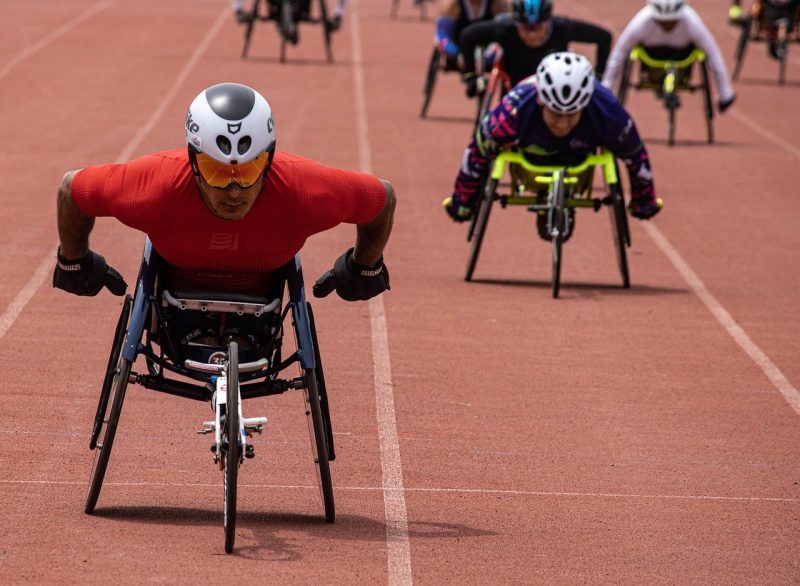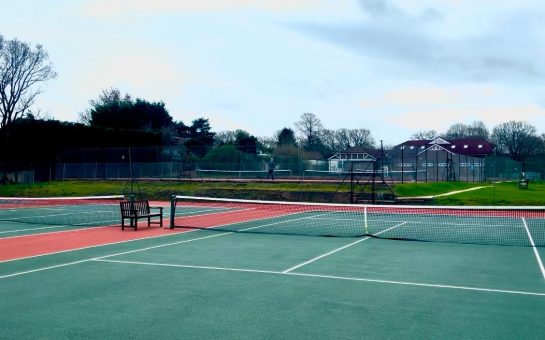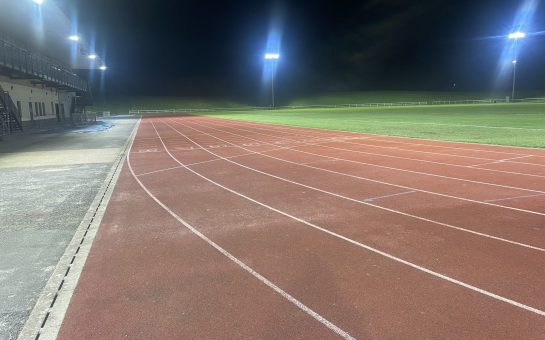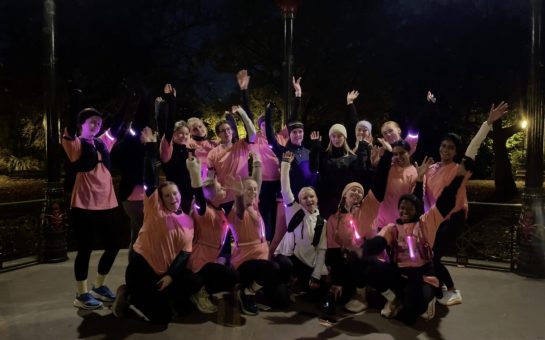GB swimmer and Tokyo 2020 Paralympic Champion, Tully Kearney, has more than medals on her mind ahead of this year’s Paris Paralympics.
The 26-year-old blazed a trail at the 2019 World Championships with a hat-trick of gold medals – and two world records – before making her Paralympic debut at the Tokyo Games in 2021.
Kearney claimed a gold and silver medal in her maiden outing but now, with a title defence on the horizon, she’s using her platform to drive change for disabled children through frame running.
“It’s so important that everyone has the opportunity to be active. There’s lots of sports out there that don’t suit children with disabilities, but I’m passionate about removing the barriers.”
This is where frame running comes in. The sport involves a three wheeled frame, akin to a trike, a bicycle style seat and a chest support which alleviates the users weight to allow them to run.
Born with cerebral palsy before developing generalised dystonia – a progressive neurological movement disorder – this was the first sport that allowed Kearney to use her legs.
It was this experience that prompted the Nottingham native to start plotting how to resolve the exclusion and lack of participation opportunities experienced by children with similar disabilities.
“With frame running, the biggest thing is to get the word out there,” she said. “It’s still such a new sport, so unknown, and there’s so many kids that could benefit.”
Having first experienced swimming as a spectator – watching her older brother Luke take part in swimming lessons while sitting poolside – Kearney wants to stop others being left on the sidelines.
“There’s so many I want to help. It’s about encouraging people to try loads of sports and not be discouraged if one isn’t for them,” she said. “But with limited clubs across the country and the expense involved in purchasing frames, it can reduce accessibility.”
Added to this, World Para Athletics’ decision to omit frame running from this year’s Paralympic Games has only strengthened calls to increase the visibility of disability sports as a whole.
Though it did feature at the Sochi 2022 International Wheelchair and Amputee Sports Federation World Games, Kearney believes changing perceptions must be a priority.
“The biggest barrier sometimes is people’s attitude,” she told UK Sport. “We need to work with the person with a disability, not just assume they can’t do something. That mentality is a massive barrier.”
While this might be the case, it is not a barrier Kearney is willing to let block the road – for herself or others.
When shoulder surgery ruled out swimming for six months, the gold medallist took up frame running. Now she’s a dual athlete – swimmer and newly-turned runner – part of the England Athletics Paralympic Talent Programme.
The two-year programme which runs until this year is designed for athletes expected to reach the senior team within eight years – a timescale that could prove perfect for Kearney as she eyes up what comes next.
“Over the next 10 years I want to get as many kids on frames as possible in the UK, so that everyone has access to and can experience the freedom of running,” she said. “I’d love to set up my own club in Loughborough.”
Given the slogan for this summer’s Olympics and Paralympics is ‘Games Wide Open’, the inclusion of frame running at the 2028 Paralympics would be a fitting legacy.
As Kearney herself said: “It’s really important to show the little boys and girls at home, who have the same disabilities, that sport is for them.”
Featured image credit: Unsplash




